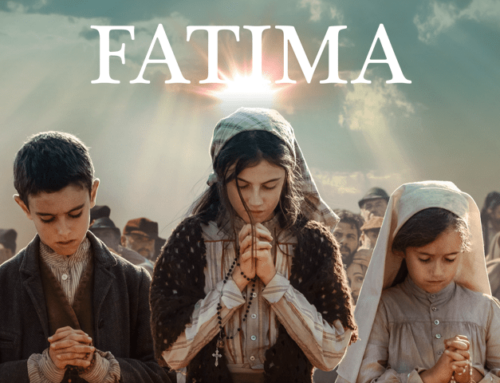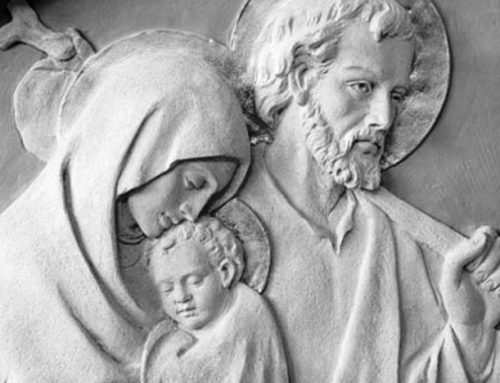Many Iraqis fleeing the massacre of the Islamic State spent days traveling through the desert mountains of Sinjar. Most of them made the treacherous journey barefoot and without water. Those who arrived in Kurdistan recalled the agony they suffered.
Many Iraqis fleeing the massacre of the Islamic State spent days traveling through the desert mountains of Sinjar. Most of them made the treacherous journey barefoot and without water. Those who arrived in Kurdistan recalled the agony they suffered.
NATHUM
Iraqi Refugee
“We had nothing. We were dying of thirst, hunger. There was nothing there. We have been walking for 12 days, many people died, we feel distraught.”
Now they are safe and recovering from the exhausting journey. However, they carry wounds that cannot be easily healed, especially the children who witnessed the atrocities first hand.
ZIDAN
Iraqi Refugee
“We had nothing. We had nothing until we reached here. On the way I saw many people who fell to the ground because they were thirsty.”
Several months ago, camps like this one in Bajet Kandela was occupied by Syrian refugees. Now, they are full of Iraqis, who live in over 1,500 tents.
24 members of this family survived the dangerous trek. Along with a 2 month old newborn, they spent six days traveling through the mountains with only one bottle of water.
KHODR
Iraqi refugee
“We had one bottle of water and divided it among us, one bottle. Each person drinks water in the lid, just to have a sip and not die, that’s it, just to survive.”
The Middle East is suffering an unprecedented humanitarian crisis that has been classified by the UN as “maximum level”. According to UNICEF, the scale and the type of violations against children, women and minorities in Iraq are among the worst seen in this century.







Leave A Comment
You must be logged in to post a comment.